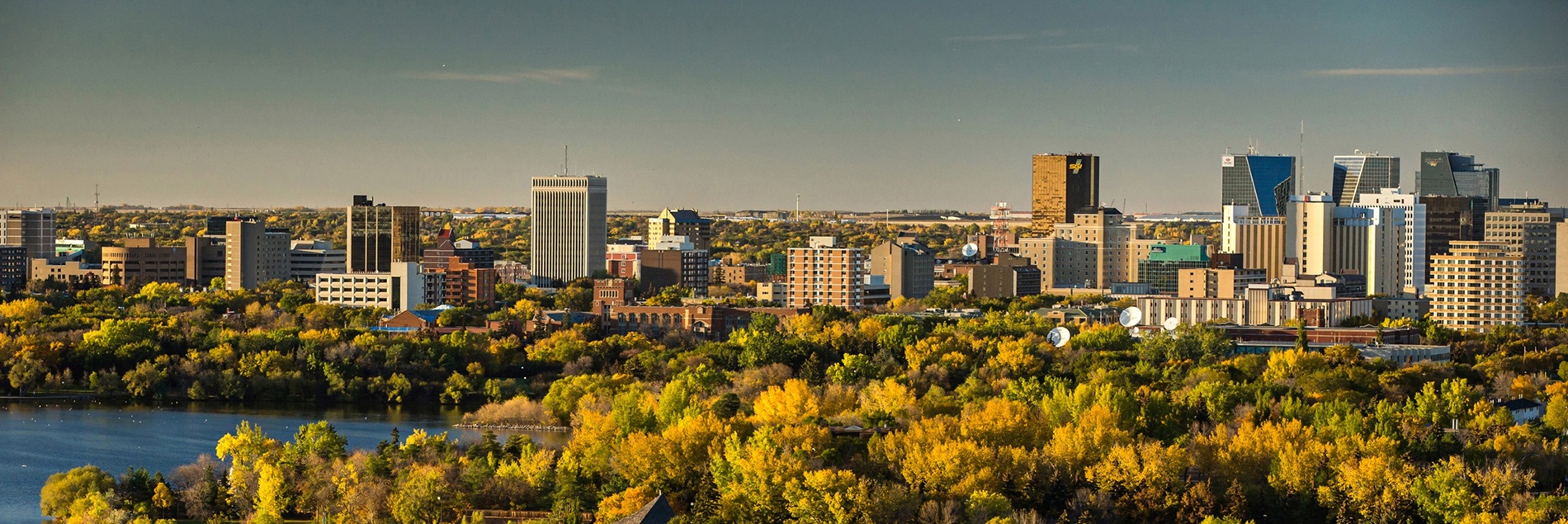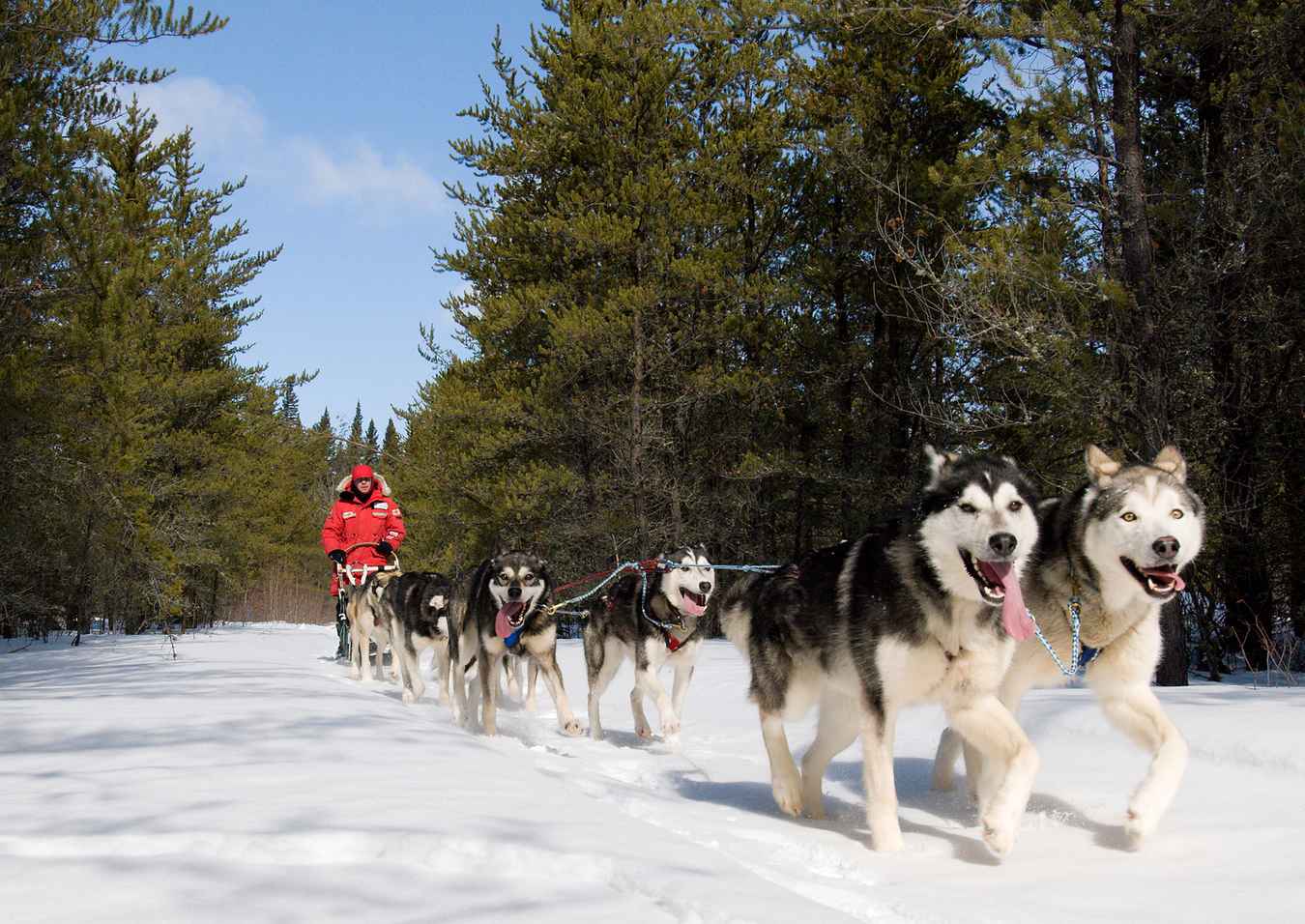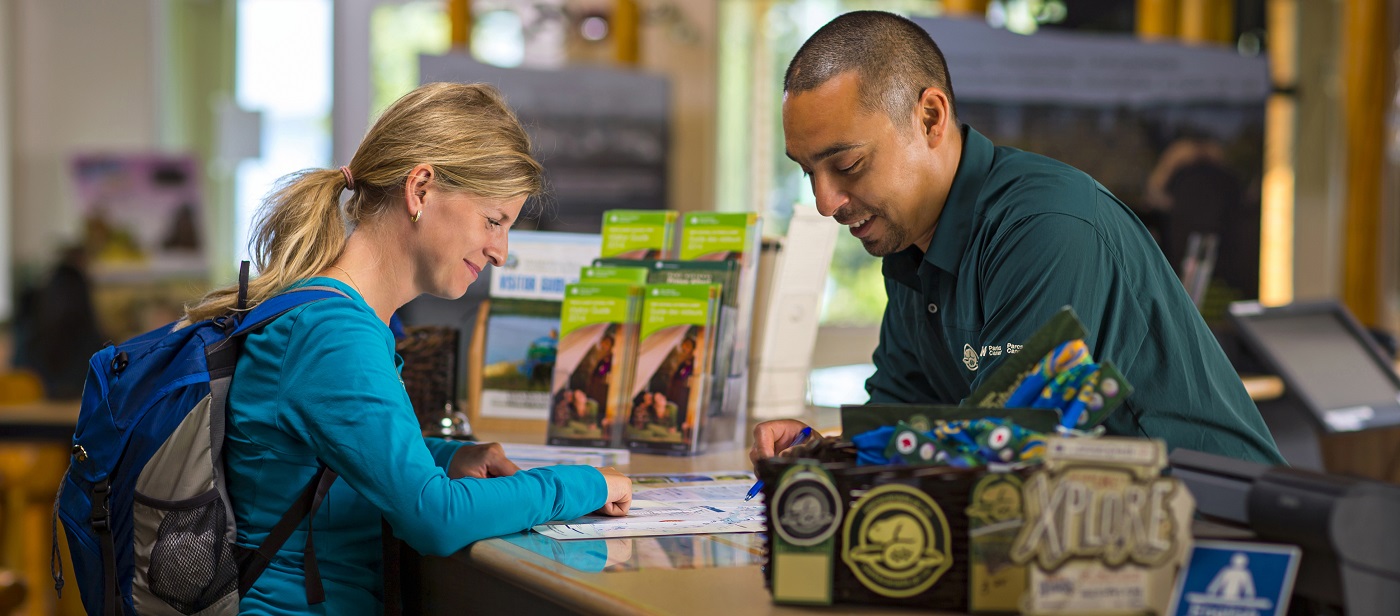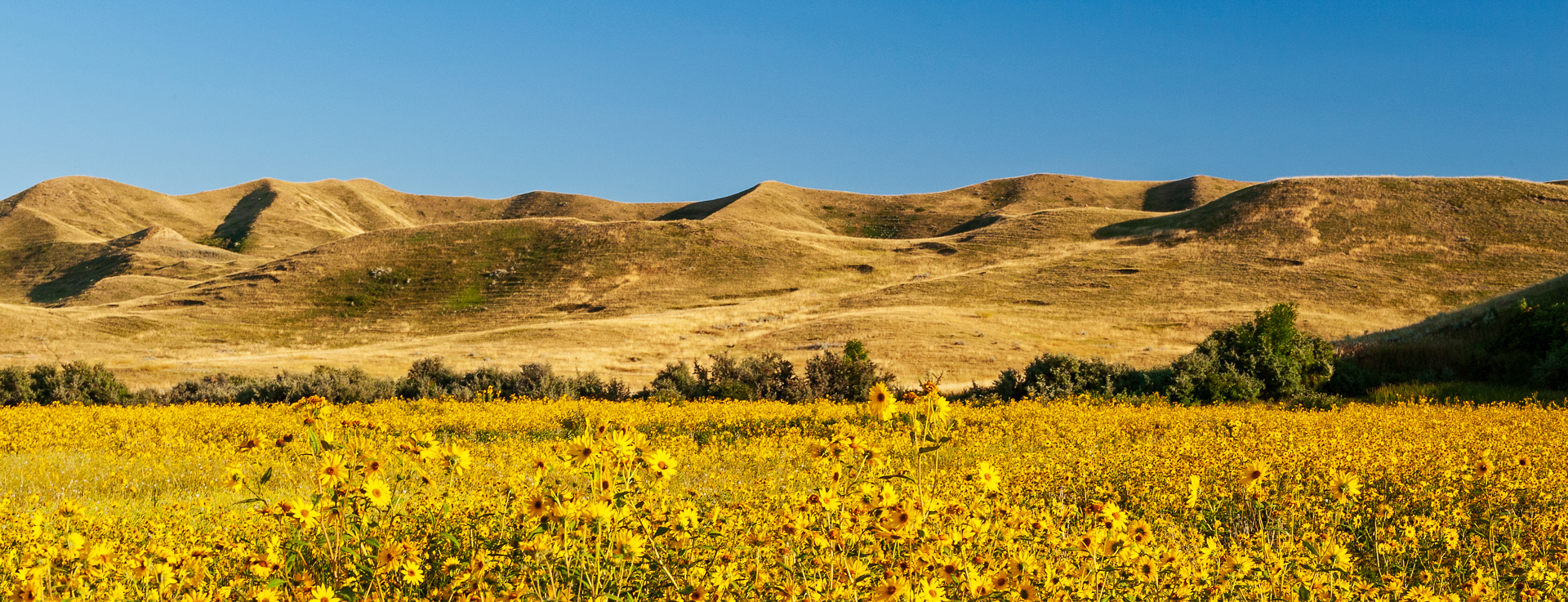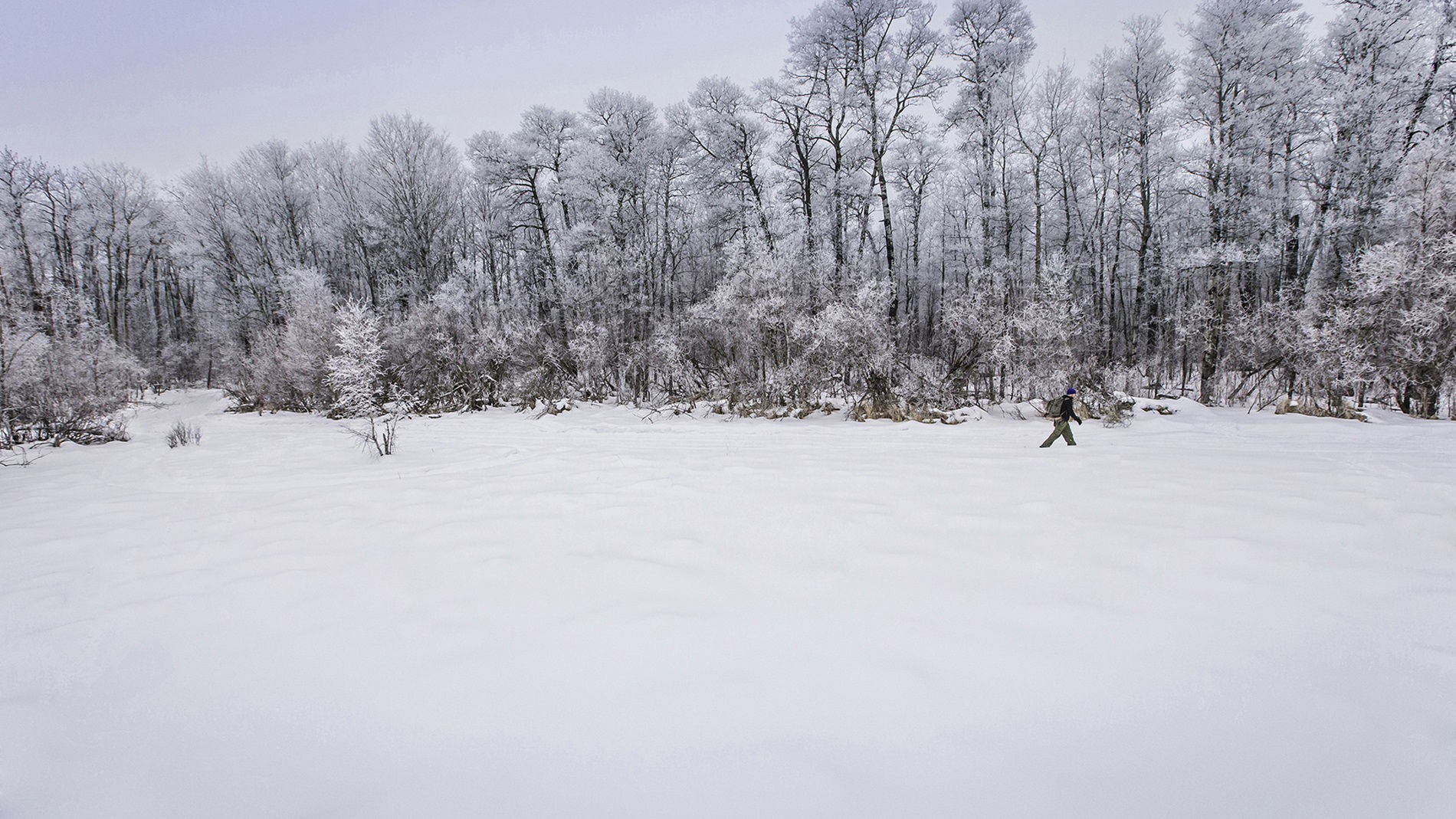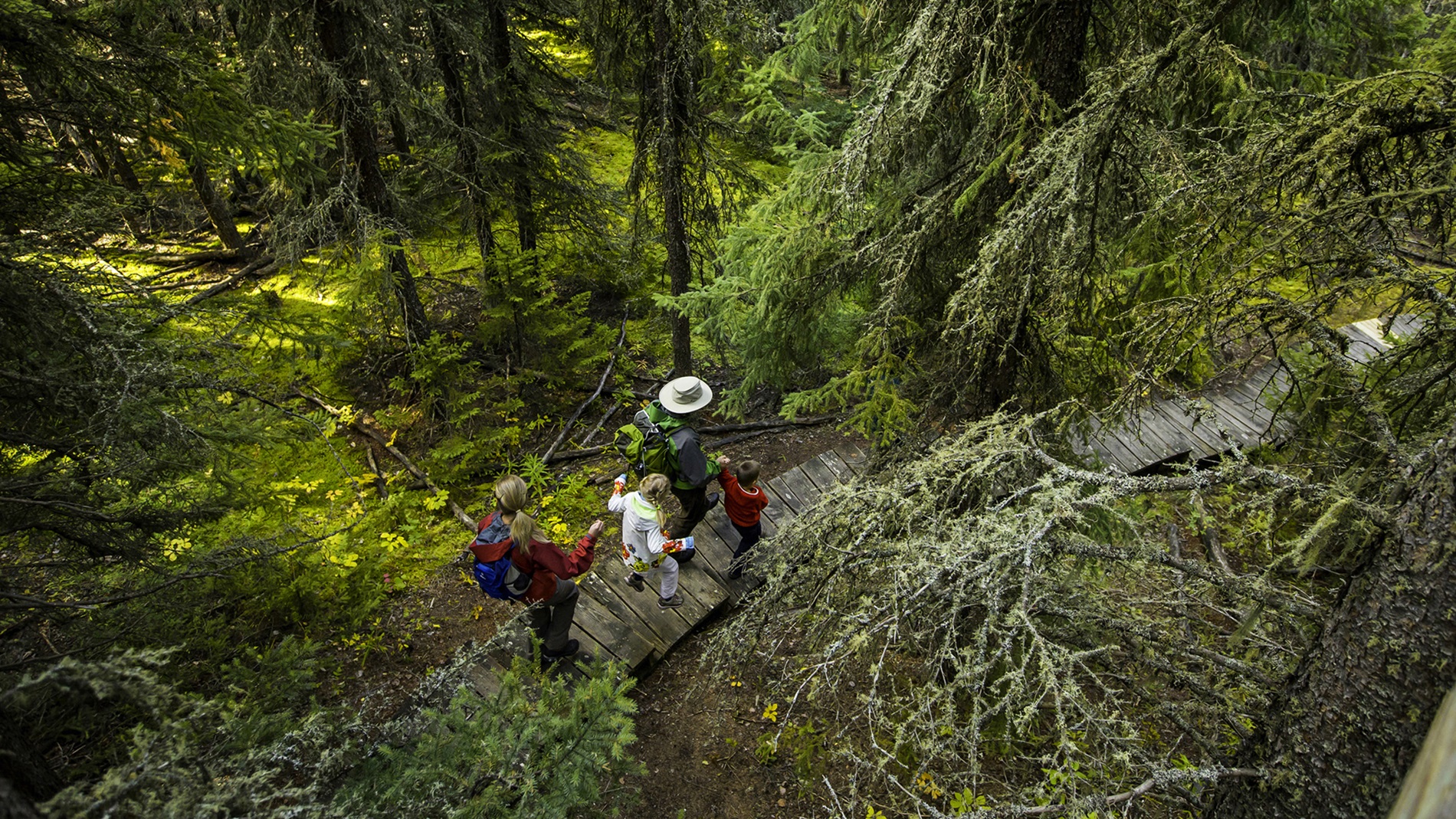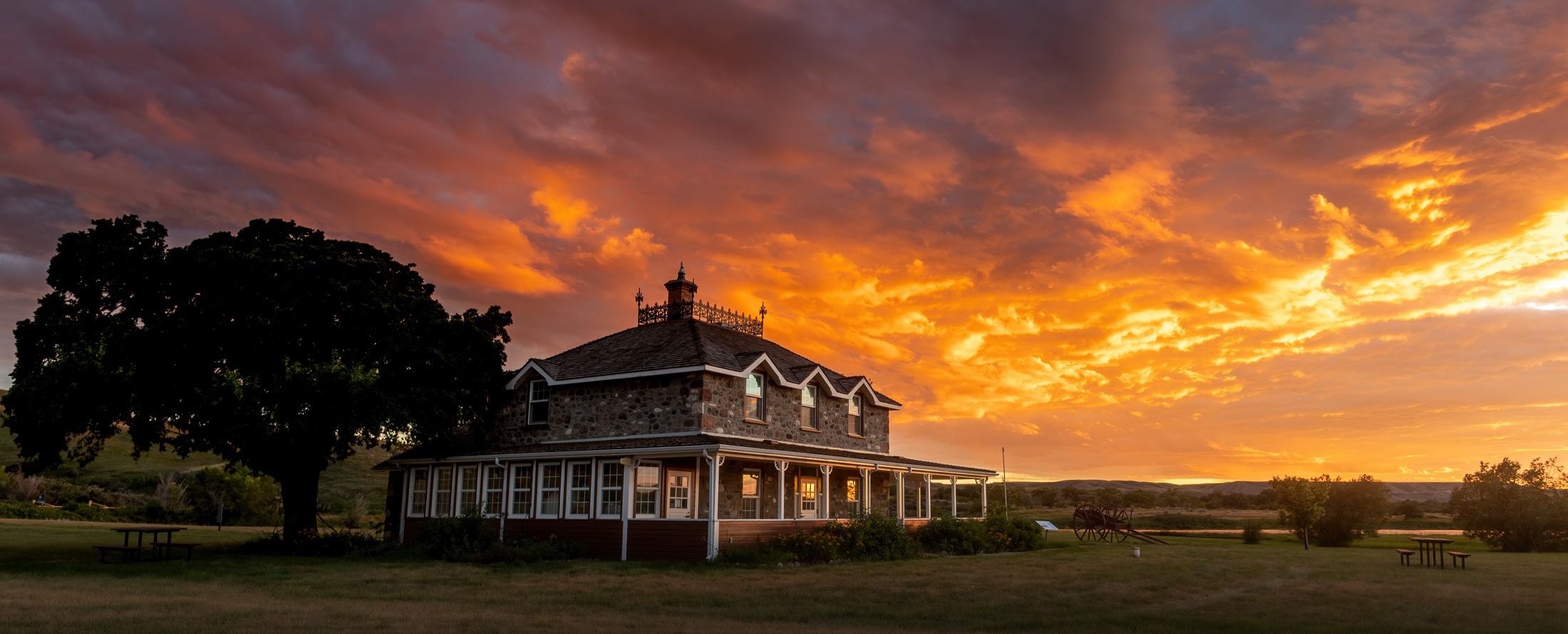A community tourism plan is a written document produced on behalf of a community by a group of people representing a cross-section of interests within that area. The plan provides a framework for business, local government, cultural groups and other organizations to analyze tourism resources and concerns, and consider tourism development and promotion.
Show me information for:
Tourism planning at the local or community level has been taking place in Saskatchewan's larger centres for many years. It may be a function of the local chamber of commerce, a committee of council or a commitment made by an economic development authority to include tourism in its mandate.
The Community Tourism Planning section of this business hub gives communities the necessary tools to review how successful their activities have been in the past and helps identify new partnerships and opportunities for the future. For instance, cultural enterprises and traditional tourism businesses are growing economic forces in Saskatchewan. There is often a mutual lack of awareness of each other's value. Efforts encouraging a common understanding and closer association between the two sectors can lead to a win-win for both.
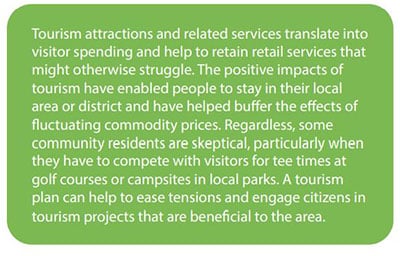 In many communities throughout Saskatchewan, tourism is recognized as an industry that can make a positive contribution to the economic and social well-being of residents. however, some communities may view tourism in a negative light if they perceive a threat to traditional lifestyles and related natural resources. Effective tourism planning can be used to balance the economic opportunities with the cultural and natural sensitivities of the area.
In many communities throughout Saskatchewan, tourism is recognized as an industry that can make a positive contribution to the economic and social well-being of residents. however, some communities may view tourism in a negative light if they perceive a threat to traditional lifestyles and related natural resources. Effective tourism planning can be used to balance the economic opportunities with the cultural and natural sensitivities of the area.
Planning at the community level often ensures that a wider range of perspectives is brought into the process.
Community-based plans can identify the educational requirements and support necessary for residents to start their own tourism business operations and to obtain employment in the industry. They can also identify areas in which the natural resources necessary to support tourism activities need to be conserved.
A Tourism plan prepared with widespread local involvement and support helps to ensure that community and district residents can optimize the benefits available from tourism activities, while successfully dealing with any real or perceived negative issues.



